- Quick Answer
- Understanding Washington's All-Party Consent Law
- Recording Phone Calls in Washington
- Recording In-Person Conversations
- Washington Video Recording Laws
- Recording in the Workplace
- Recording Police in Washington
- Media Exception
- Penalties for Illegal Recording in Washington
- Frequently Asked Questions
- Is Washington a two-party consent state?
- Can I record a phone call in Washington?
- Can I secretly record a conversation in Washington?
- What are the penalties for illegal recording in Washington?
- Can I record my employer in Washington?
- Can I record police in Washington?
- Is there a journalist exception in Washington?
- Can recordings be used as evidence in Washington?
- Related Washington Laws
- Sources and Legal References
- Two-Party Consent States Reference
Last Updated: January 2026 | Verified against current Revised Code of Washington
Quick Answer
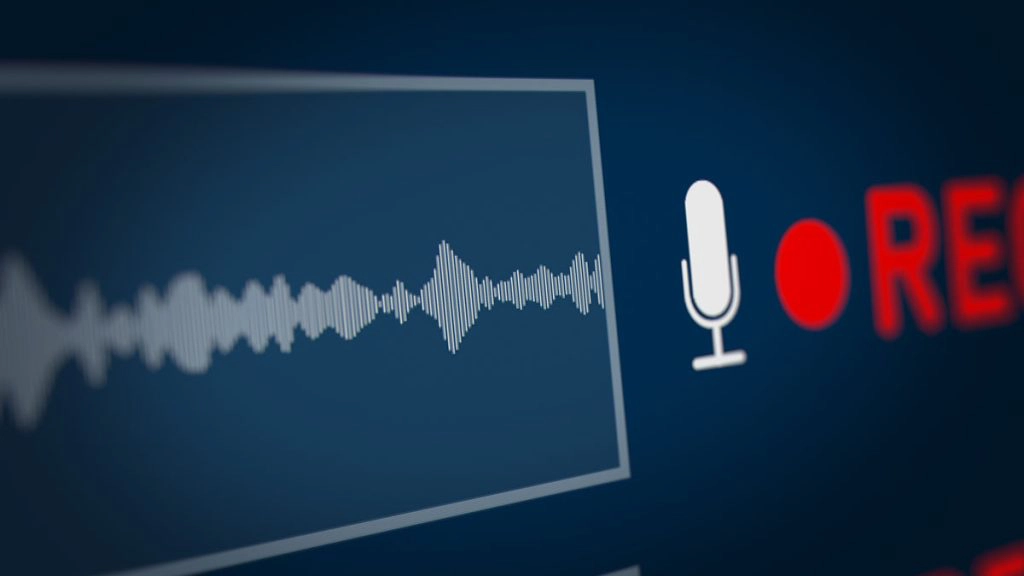
Washington is a two-party consent state. Under RCW 9.73.030, it is unlawful to intercept or record any private communication or conversation without consent from all parties. Consent can be satisfied by announcing that recording is occurring. Violations are a gross misdemeanor with civil liability up to $1,000 plus actual damages.
Washington Recording Law Summary 
| Key Point | Answer |
|---|---|
| Consent Type | All-Party Consent |
| Can you record your own calls? | Only with consent from all parties |
| Must you inform others? | Yes – announcement required |
| Key Statute | RCW 9.73.030 |
| Criminal Penalty | Gross Misdemeanor |
| Civil Damages | $100/day (max $1,000) + actual damages + attorney fees |
Understanding Washington’s All-Party Consent Law
What the Law Requires
Under RCW 9.73.030, it is unlawful to:
- Intercept or record any private communication transmitted by telephone, telegraph, radio, or other device
- Intercept or record any private conversation
- Without first obtaining the consent of all participants
How to Satisfy Consent
Washington law allows consent to be established by:
- Announcing “in any reasonably effective manner” that the communication or conversation is about to be recorded
- The announcement itself must be recorded
- This is more flexible than some states – announcement suffices for consent
The “Private” Communication Requirement
Washington’s law applies to private communications and conversations. Conversations in public places where there is no reasonable expectation of privacy may not be covered.
The Legal Foundation
Washington’s recording laws are found in RCW Chapter 9.73:
- RCW 9.73.030 – Consent requirements
- RCW 9.73.060 – Civil damages
- RCW 9.73.080 – Criminal penalties
Recording Phone Calls in Washington
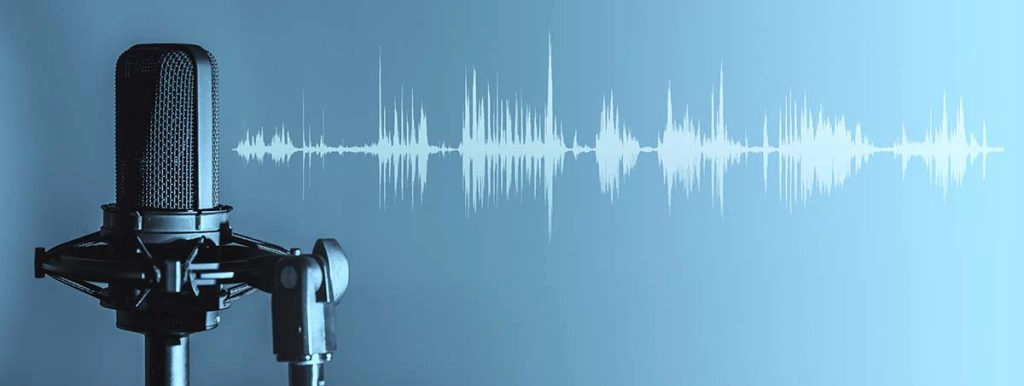
Can You Record Phone Calls in Washington?
Yes, but you must announce and obtain consent. Washington’s approach:
- Announce at the start that you’re recording
- The announcement itself must be recorded
- All parties must consent (or continuing after announcement implies consent)
- The announcement method must be “reasonably effective”
Recording Calls Across State Lines
When calling between Washington and other states:
- Follow Washington’s all-party consent rules
- Neighboring Oregon has complex rules (one-party for calls)
- Idaho is one-party consent
- When in doubt, announce and get consent
Business Call Recording
Washington businesses recording calls should:
- Provide clear announcement before recording begins
- Ensure the announcement is recorded
- “This call may be recorded” satisfies the requirement
- Document consent procedures
Recording In-Person Conversations

When Is Recording Legal?
- When all parties consent or are notified
- When the conversation is not private (public settings)
- Under specific statutory exceptions (threats, emergencies, etc.)
When Is Recording Illegal?
- Recording private conversations without all-party consent
- Secret recording of private communications
- Intercepting communications you’re not party to
Statutory Exceptions
Washington allows one-party consent in specific situations:
- Emergency communications (fire, medical, crime reporting)
- Threats of extortion, blackmail, or bodily harm
- Unlawful demands or requests
- Anonymous or harassing communications
- Hostage or barricade situations
Washington Video Recording Laws
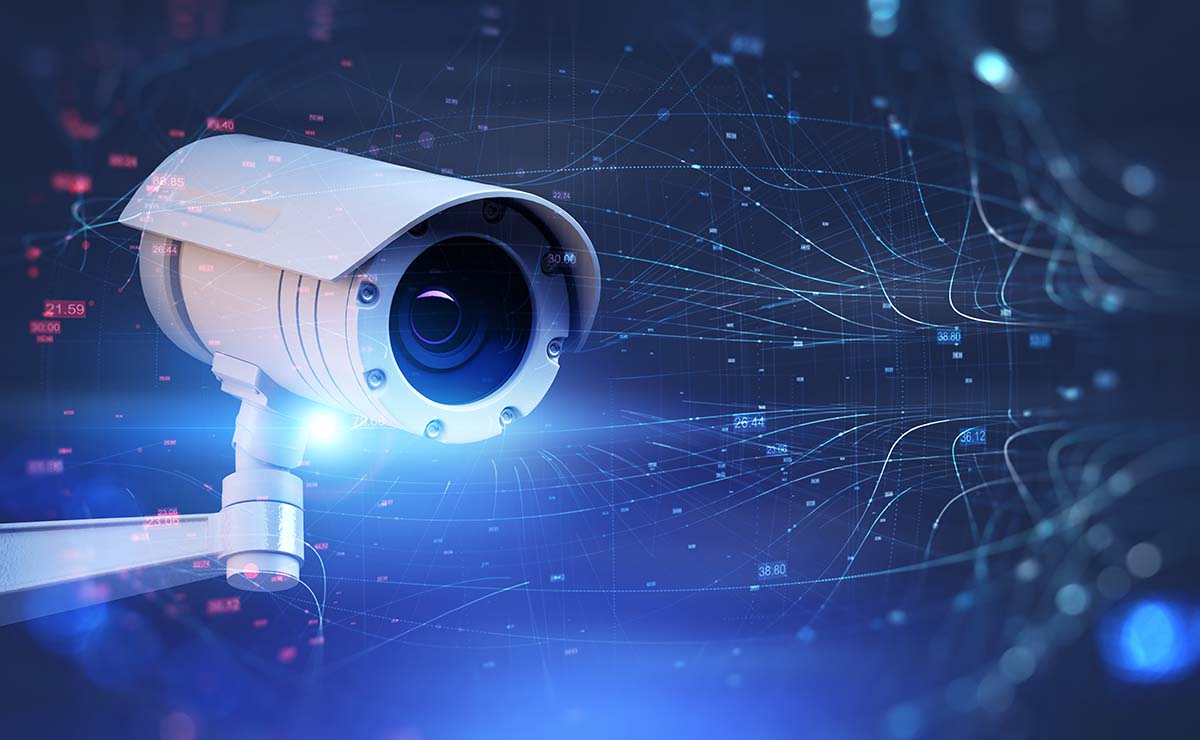
Video Surveillance
Washington’s recording law focuses on audio:
- Silent video in public is generally permitted
- Video with audio of private conversations requires consent
- Hidden cameras in private places are prohibited under separate voyeurism laws
Video Voyeurism
Washington has separate laws prohibiting:
- Recording in places where privacy is expected
- Invasive recordings of intimate areas
- Distribution of intimate images without consent
Recording in the Workplace
Can You Record at Work in Washington?
Washington’s all-party consent rule applies:
- You cannot secretly record private conversations at work
- Recording meetings requires announcement and consent
- Company policies may prohibit recording beyond legal requirements
Employer Monitoring
Employers may monitor with proper notice:
- Employees must be informed of monitoring
- Policies should be clearly communicated
- Business extension exception may apply in some cases
Recording Police in Washington
Can You Record Police Officers in Washington?
Yes. The First Amendment protects your right to record police in public. Additionally:
- Police performing public duties have reduced privacy expectations
- Open, visible recording is recommended
- Don’t interfere with police activities
- Washington courts have generally supported the right to record police
Recording Public Meetings
Washington’s Open Public Meetings Act supports transparency. Recording at public government meetings is generally permitted.
Media Exception
News Gathering Exception
Washington provides a unique exception for journalists:
- Employees of newspapers, magazines, wire services, radio, or TV stations
- Acting in bona fide news gathering capacity
- May record without announcement IF the recording device is “readily apparent or obvious to the speakers”
- Applies to full-time, part-time, or contract employees
Penalties for Illegal Recording in Washington
Criminal Penalties
| Offense | Classification |
|---|---|
| Recording without consent | Gross Misdemeanor |
| Wrongful disclosure of recordings | Gross Misdemeanor |
Gross misdemeanor in Washington can result in up to 364 days in jail and up to $5,000 in fines.
Civil Liability
Under RCW 9.73.060, victims may sue for:
- Actual damages including mental pain and suffering
- Liquidated damages: $100 per day of violation, up to $1,000
- Attorney’s fees and costs of litigation
Inadmissibility
Recordings obtained illegally are inadmissible in civil or criminal proceedings, with limited exceptions.
Frequently Asked Questions
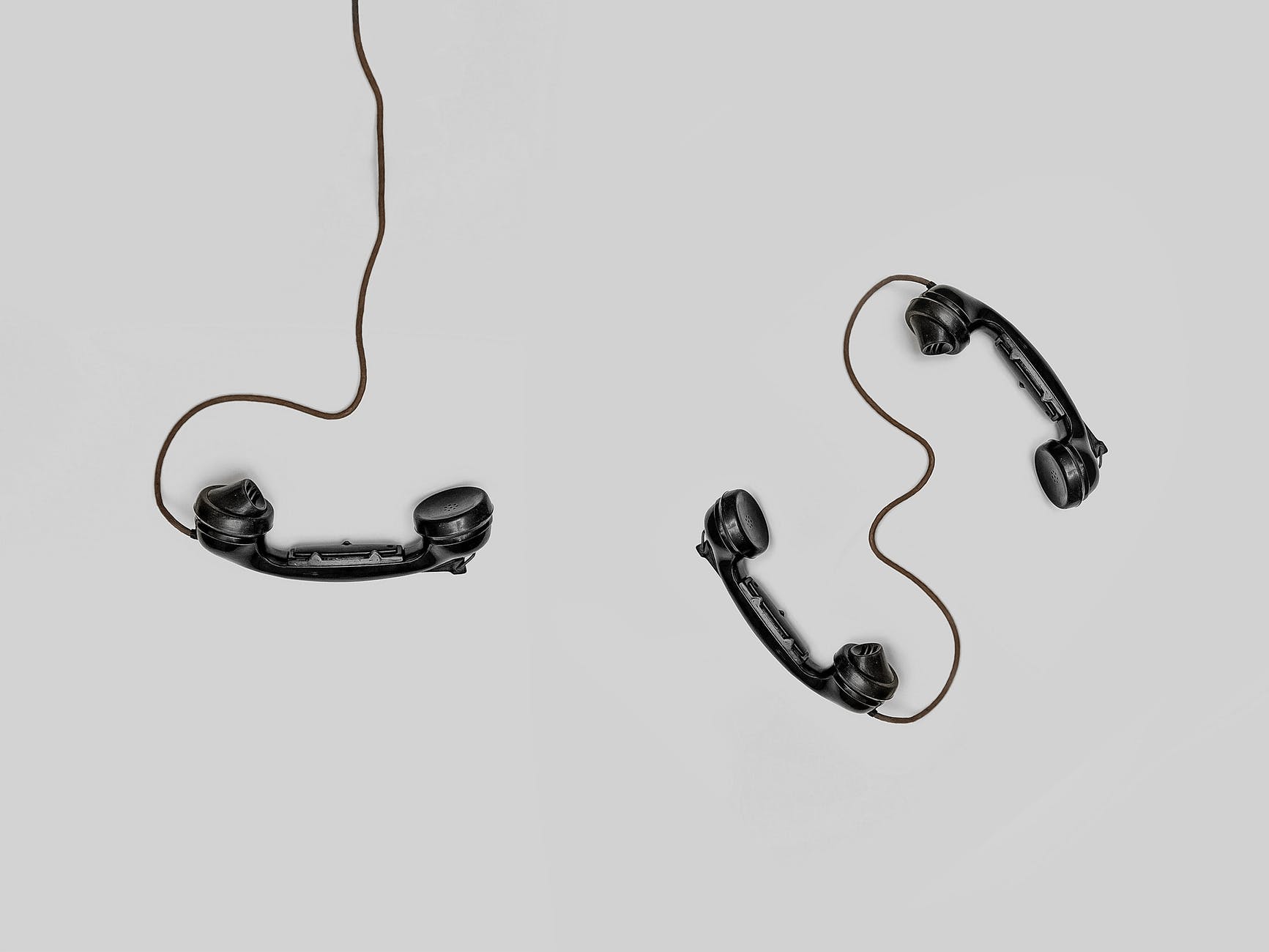
Is Washington a two-party consent state?
Yes. Washington requires consent from all parties before recording private communications or conversations.
Can I record a phone call in Washington?
Yes, if you announce that recording is occurring and the announcement is recorded.
Can I secretly record a conversation in Washington?
No. Secret recording of private conversations is a gross misdemeanor.
What are the penalties for illegal recording in Washington?
Gross misdemeanor (up to 364 days jail, $5,000 fine) and civil liability up to $1,000 plus actual damages.
Can I record my employer in Washington?
Only with consent/announcement. Secret recording is illegal.
Can I record police in Washington?
Yes. Recording police in public is protected by the First Amendment.
Is there a journalist exception in Washington?
Yes – journalists may record without announcement if the recording device is “readily apparent or obvious.”
Can recordings be used as evidence in Washington?
Only if obtained legally. Illegal recordings are inadmissible.
Related Washington Laws
- Washington Whistleblower Laws
- Washington Hit and Run Laws
- Washington Sexting Laws
- Washington Child Support Laws
Sources and Legal References
| Source | Link |
|---|---|
| RCW 9.73.030 | WA Legislature |
| RCW 9.73.060 (Civil Damages) | WA Legislature |
| RCW Chapter 9.73 | WA Legislature |
Disclaimer: This information is provided for educational purposes and should not be considered legal advice. Washington’s recording laws have specific requirements and exceptions. If you have questions about recording in Washington, consult with a licensed Washington attorney.
Two-Party Consent States Reference
Washington has consent-by-announcement, which is more flexible than some other two-party states.
| State | Key Statute |
|---|---|
| California | Cal. Penal Code § 632 |
| Connecticut* | Conn. Gen. Stat. § 52-570d |
| Delaware* | 11 Del. C. § 1335 / § 2402 |
| Florida | Fla. Stat. § 934.03 |
| Illinois | 720 ILCS 5/14-2 |
| Maryland | Md. Code, Cts. & Jud. Proc. § 10-402 |
| Massachusetts | Mass. Gen. Laws ch. 272, § 99 |
| Michigan* | MCL 750.539c |
| Montana | MCA 45-8-213 |
| New Hampshire | RSA 570-A:2 |
| Oregon* | ORS 165.540 |
| Pennsylvania | 18 Pa.C.S. § 5703 |
| Washington | RCW 9.73.030 |
*Connecticut has different rules for phone vs. in-person. Delaware has conflicting statutes. Michigan courts have created a participant exception. Oregon has one-party consent for calls.
One-Party Consent States
Most other states follow one-party consent rules. See our One-Party Consent States Guide for details.
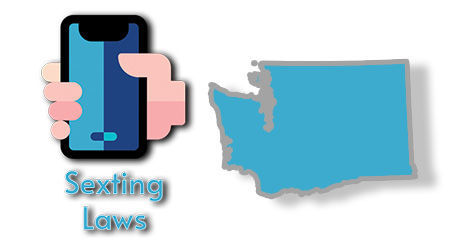
Who do I report illegal workplace audio recording to in Washington State?
If you are being improperly recorded at work in Washington your best bet would be to gather evidence consult a lawyer.
I have a resident taking video, while being inside his apartment, of a contractor doing repairs outside on the residents deck. The contractor does not want to be recording in any way. What can we and/or the contractor do to have the resident stop recording?
Essentially the resident is shooting a surveillance video on their own residence. This is well within their rights, the only legal loophole leg you would have to stand on is if the resident was also capturing audio which has slightly different protections than that of a regular surveillance video. I would still say the resident is within their rights, as long as they are being reasonable about it.
Me and my wife get into arguments where she will say and do some terrible things. If I announce I’m recording before I do so can I record our arguments?
Hi Andrew! Yes, the law allows you to record your conversations if you announce your intention to record before recording.
Can my husband record exchanges with his ex. They meet in public.
Yes, even though Washington is considered a Two-Party consent state they have a where the ability of a third party to overhear a conversation disqualifies it from being provided. ‘Washington’s Supreme Court has decided that the presence of a third party typically disqualifies a conversation as private. Washington v. Clark, 916 P.2d 384 (Wash. 1996)’. That being said it sounds like they are meeting publicly for a reason and it is considered best practice to announce that you are recording a conversation prior to doing so.